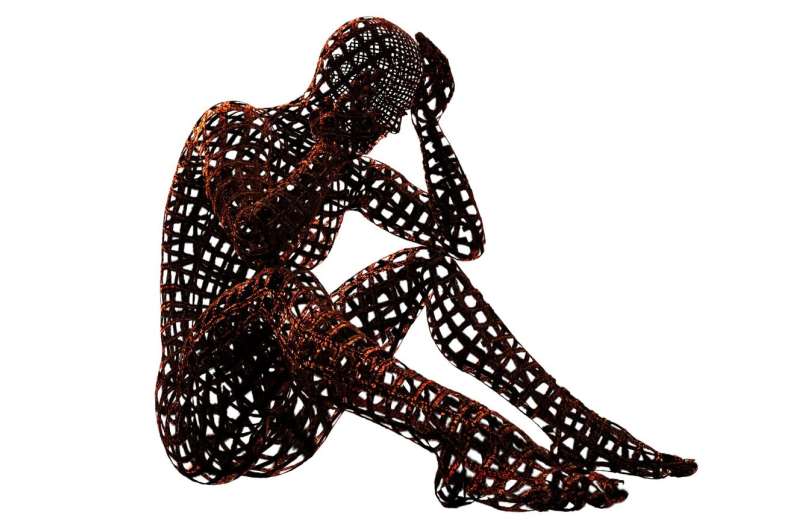Burnout in emergency medicine workers hits a new high

The COVID-19 pandemic has caused a prolonged increase in workload and stress among specialists in many healthcare sectors, but this has been particularly noticeable in emergency medicine (EM). A survey carried out by the European Society for Emergency Medicine (EUSEM) among EM professionals in 89 countries showed that 62% of the responders had at least one symptom of burnout syndrome, and 31.2% had two. Results from the survey are published today in the European Journal of Emergency Medicine.
The paper shows that the chronic problems faced by EM specialists, such as understaffing, limited resources, overcrowding, and lack of recognition have been greatly exacerbated by the pandemic.
"The level of burnout found means that these healthcare workers deserve professional clinical evaluation and support. Worryingly, less than half of responders to the survey (41.4%) reported having access to such psychological support, either face to face or at a distance," said EUSEM President Dr. Abdo Khoury, from the Department of Emergency Medicine and Critical Care, Besançon University Hospital, Besançon, France.
"Burnout in healthcare professionals may lead to alcohol and drug abuse, and even suicide. Post-traumatic stress disorder (PTSD) is another common manifestation of burnout, and this can have devastating long-term consequences for the individual."
Also disturbing is the finding that many of those affected by burnout were thinking of a career change and that this was more prevalent among younger professionals than those who were older and more experienced. This would necessarily lead to understaffing, at least in the short term, and would only make matters worse for those who remain
"An EM worker who is overworked under stress will have a negative effect on patients too," said Dr. Khoury. "Burnout can show itself in a distant or indifferent attitude to work, as well as reducing productivity and efficiency. It can lead to lower-quality care and an increase in medical errors."
EM specialists have been first-line responders during the pandemic, providing triage of patients in extremely difficult and high-pressure circumstances where, additionally, the spread of infection must be prevented. The need to wear personal protective equipment (PPE) and the resulting fear of being infected themselves has been a supplementary burden that may still be insufficiently recognized.
"Healthcare authorities quite rightly put patient satisfaction and well-being at the top of their priority list. Yet the overwhelming evidence is that medical professionals have unmet needs too, and that these are growing exponentially. An important social determinant of health is the exposure—or the lack of it—to stressful living conditions. It would be difficult to find a group of people who were more subjected to stress during the pandemic than EM specialists," say the paper's authors.
"EM specialists have shouldered a particularly heavy burden and are suffering as a result. Urgent measures to reduce burnout and therefore to encourage those thinking of leaving the profession to reconsider are needed. Many interventions have been shown to be effective in decreasing burnout, and we were disappointed to see how few appear to be being implemented at present. The pandemic has shown how essential they are," they conclude.
More information: Burnout in emergency medicine professionals after 2years of the COVID-19 pandemic: a threat to the healthcare system?, European Journal of Emergency Medicine (2022). DOI: 10.1097/MEJ.0000000000000952





















